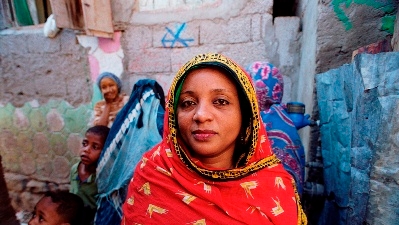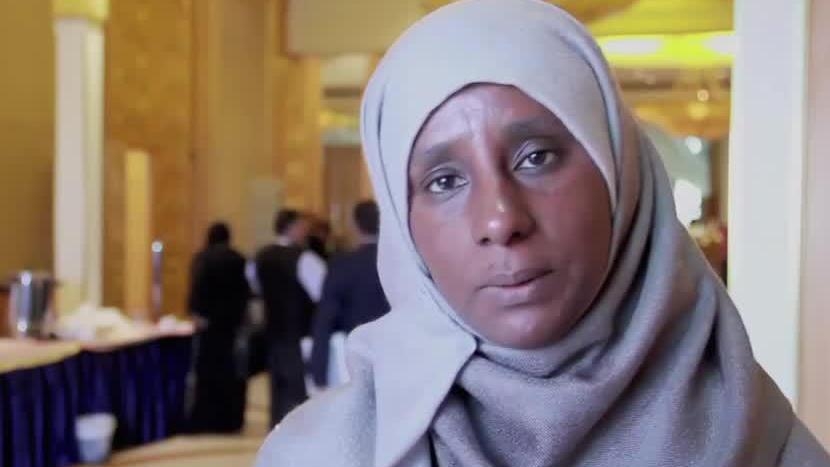Many of the thousands of new Yemeni Non-Governmental Organizations (NGOs) and Civil Society Organizations (CSOs) could come to play a key role in the implementation of government policies for grassroots development in Yemen.
The Yemeni government has been working toward setting-up a system to help coordinate the activities of non-governmental and civil society organizations since the ‘Partnership for Development Knowledge Conference’ in Sanaa, the Yemeni capital, in March, which brought together members of the government and CSOs from Yemen’s different governorates.
The World Bank event was the first time a multi-stakeholder group had come together in Yemen to start talking about partnerships between the government and CSOs. Sameera Ali Balah, of the My Right Organization for Development, said the government should focus on engaging CSOs “in setting strategies to guarantee their participation and implementation.”
CSO members hoped the conference would pave the way for more engagement and coordination between them and Yemen’s different government ministries and agencies, with more collaboration enabling them to play a larger role in the development of their country. The conference was opened by high-level government officials, including the Minister and the Deputy Minister of Planning and International Cooperation, and the Minister of Social Affairs and Labor.
Dr Mohammed Al-Saadi, Yemen’s Minister of Planning and International Cooperation, said his government believed in the role of NGOs “as an important, strong, and independent partner” in strengthening and promoting development, improving service delivery, and “making it [the government] more responsive to the needs and aspirations of the citizens.”
After the Ministers’ speeches, international speakers from governments and CSOs from Indonesia, India, Ghana, the Palestinian Territories, and Brazil, presented some of the experiences they had had that enabled constructive government–CSO partnerships in their countries, as well as some of the challenges. The first day closed with a panel discussion by speakers from the international CSOs that highlighted the lessons learned in the context of each country.
The successes of government–CSO partnerships in other parts of the world inspired many participants by showing that no matter how complex development challenges are, they are almost always better addressed in this way. “The great results achieved in the international experiences were unexpected for us, given Yemen’s context and reality,” said Refatt Omer Fakirah of the Al-Zahra Charity Foundation.



